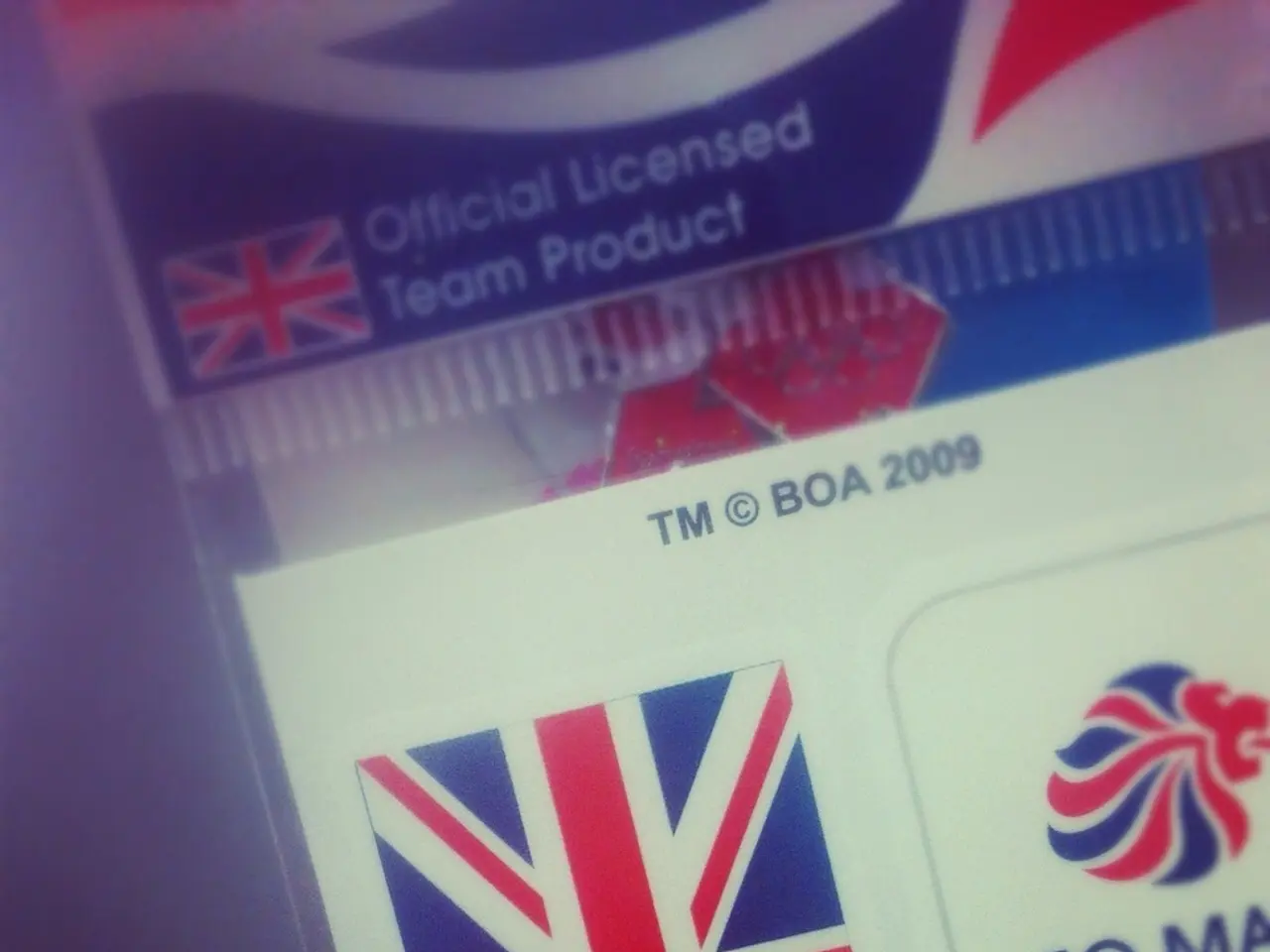Essential Insights into German EU's Blue Card Program
The German EU Blue Card is a well-established and efficient immigration route for highly qualified professionals from countries outside of Europe. This residence permit, designed to address talent shortages in specific fields, offers numerous benefits and opportunities for those seeking to work in Germany.
Application Process
To apply for the German EU Blue Card, you first need to register your address with the local registration office (Bürgerservice). After this, you apply for the EU Blue Card at the local Foreigners' Office (Ausländerbehörde), where you submit your documents and provide biometric data.
Qualification Criteria
To qualify for the German EU Blue Card, you need a university degree recognized in Germany or comparable to a German degree, a signed employment contract from a German company for at least six months, and a minimum gross annual salary of €48,300 (for 2025). A lower salary threshold of €43,759.80 applies to professions in high demand, which often include IT specialists, engineers, and scientists.
National Visa for Employment
To enter Germany for employment, you apply for a National Visa for Employment at the German embassy or consulate in your home country.
EU Mobility
After holding a Blue Card in Germany for at least 12 months, you can move to another European country for work and apply for a new Blue Card there.
Fast-Track to Permanent Residency
With the German EU Blue Card, you can apply for a permanent residence permit after just 33 months of working in Germany, or 21 months if you have B1 level German language skills.
Family Reunification
With the German EU Blue Card, you can bring your family—your spouse and minor children—with you. Your spouse is immediately granted the right to work and does not need to prove German language skills to get their residence permit.
Extended Travel
You are allowed to stay outside the European Union for up to 12 consecutive months without losing your residence status.
Addressing Talent Shortages
The EU Blue Card is designed to address talent shortages in specific fields in Germany. By offering a fast-track to permanent residency and the ability to move within the EU, the Blue Card encourages skilled professionals to contribute to Germany's economy and society.
For Tech Professionals Without a University Degree
Germany has a new provision for tech professionals without a university degree. If you're an IT specialist, you can qualify for a Blue Card with at least three years of professional experience within the last seven years, as long as you meet the lower salary threshold.
In 2025, to qualify for the EU Blue Card in Germany, the minimum annual gross salary requirement is €48,300 for regular occupations and €43,759.80 for shortage or bottleneck occupations.
The German EU Blue Card is a valuable opportunity for highly skilled professionals seeking to work in Germany and contribute to its thriving economy. With its efficient application process, numerous benefits, and potential for EU mobility, the Blue Card offers a promising path for those seeking to make a difference in Germany.
Read also:
- Global Content Dissemination Through Cross-Linguistic Voiceovers
- Development of Restaurant Apps: Expenses and Essential Elements
- Time is of the essence
- European transportation's sustainability and competitiveness rely on a "green industrial agreement" that serves the interests of both corporations and residents, as discussed in an Editorial from August 2024.







